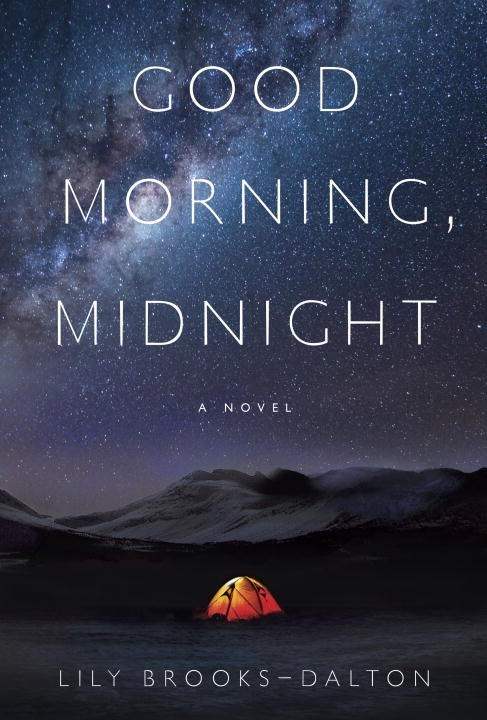
Two stories are told of end-of-the-world survivors. In one, Augustine, an aging ex-alcoholic scientist in poor health is with a preteen girl in a remote arctic astronomy lab. The rest of the world has apparently perished. The second story involves a spaceship crew returning from a mission to Jupiter to find that the Earth has gone silent for a long time. The theme of the book becomes what do you think and believe, knowing that you are an end-of-the-world survivor? That’s a worthy psychological theme, raised, but unexplored in this novel.
The novel fails to exploit the potential of the sci-fi genre. The returning astronauts link up with the ISS in Earth orbit, but don’t bother to use its equipment to assess conditions on Earth. Two astronauts use an ISS pod to return to Earth (the story ends before they go), but they worry about landing in the deserts of Kazhakistan as programmed, despite having made radio contact with a living person in the Arctic. Likewise, Augie of the North abandons his fortress astronomy camp to travel without possibility of return to a few tents hundreds of kilometers away. It’s not logical.
The critical thinking and problem solving that is characteristic of sci-fi is missing, while important psychological themes are left unexplored. Characters instead wallow in sentimental nostalgia. The novel is an opportunity missed.